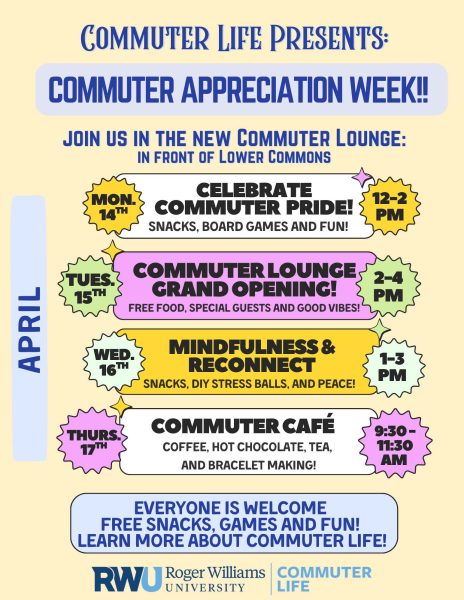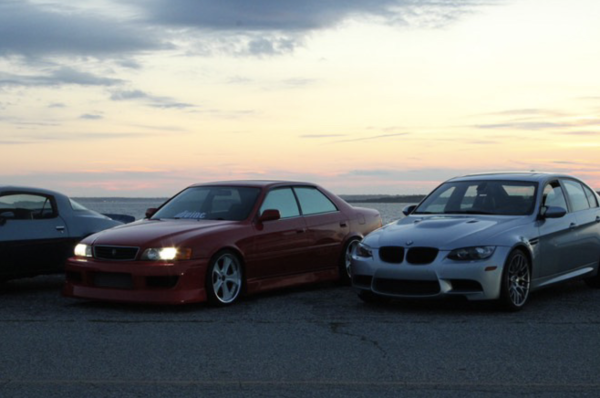New York Times columnist Nicholas Kristof holds RWU students’ attention rapt
Kayla Ebner
Photo Editor
Twice a week, Nicholas Kristof’s goal is to make people spill their coffee in the morning over the paper.
Nicholas Kristof, a columnist for The New York Times since 2001 and two-time Pulitzer Prize winner, visited Roger Williams University on Thursday and delivered a powerful speech to a jam-packed audience inside the Rec Center.
In 1990, Kristof and his wife became the first married couple to win a Pulitzer Prize for journalism after their coverage of China’s Tiananmen Square democracy movement reached the masses. He won his second Pulitzer in 2006 for his coverage of the genocide that took place in Darfur.
Kristof believes that, for many years now, we have been using the wrong toolboxes to deal with issues facing our country. He stated that since the terrorist attacks on Sept. 11, 2001, we have attempted to deal with issues of terrorism and conflict with just our “military toolbox.”
“You need the military toolbox. It can do things no other toolbox can do,” Kristof said, adding “But, I think we also systematically underused the education toolbox and the women’s empowerment toolbox.”
These toolboxes may not have an immediate effect but, over time, Kristof believes they can truly change societies.
There have been 123 terrorism-related murders since 9/11. In that same time period, there were 230,000 other murders. The odds are greater that one is killed for being Muslim rather than by a Muslim. In addition, every year, ladders kill more Americans than terrorists do. So do bathtubs.
“I think we need to understand that, of course, there are risks, but weigh them against various other ways to improving security in the U.S.,” Kristof said, suggesting that implementing universal background checks before acquiring a weapon could be one method of improving national security.
We tend to think of refugees as helpless or victims. After interviewing countless Syrians, Haitians, and many others, Kristof has seen firsthand that this is not true.
“These people are not helpless, they are incredibly courageous,” Kristof said.
After speaking about the courage of refugees, Kristof shared a story about a woman in Sudan. He explained that the Janjaweed, an Arab militia focused particularly in the Darfur region, circled around her camp during the day. One day, she went out to get firewood with her 15-year-old sister when the Janjaweed began to approach them. The woman told her sister to run back to camp and made a diversion so the men would not get to her sister. When they reached her, they brutally beat her and eight members of the Janjaweed gang raped her. When Kristof asked why she was willing to let him use her story and take her photo, she told him it was the only way she has to fight back. These are issues that people all around the world face every single day of their lives.
Kristof believes we have a leadership role to play. He says that when we refuse to accept any refugees, it becomes very difficult to convince other countries to help solve this complicated “puzzle.” He also acknowledged that helping people is harder than it looks.
At the end of his speech, Kristof left the audience with a final piece of inspiration.
“Each of you, in some way, has your own spotlight,” Kristof said. “If we don’t collectively keep these issues illuminated, they will get neglected and we will look back and regret the mistakes that we have made.”
The problems that our world faces today are vast and complicated, but that doesn’t mean we can’t improve them. Although the small things we can do to help may only be a “drop in the bucket,” Kristof encourages everyone to put the drop in anyway.
“Drops in the bucket, that is how we fill buckets together,” he finished.




